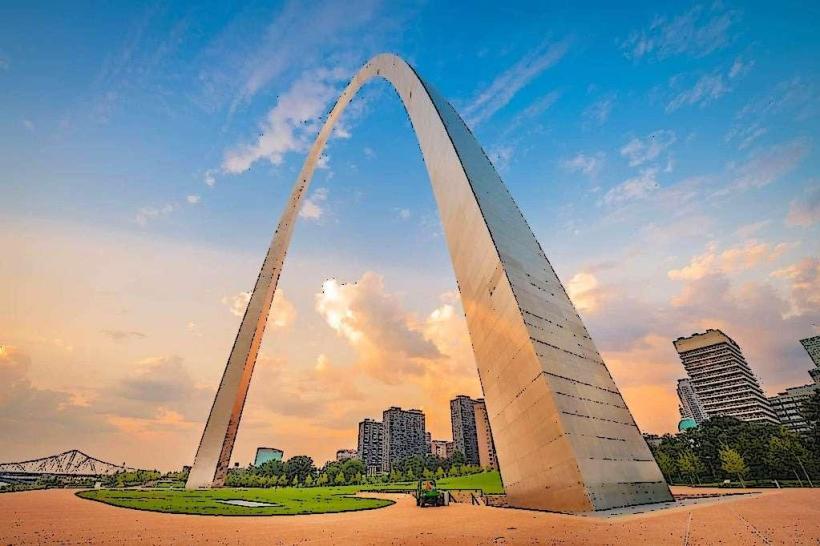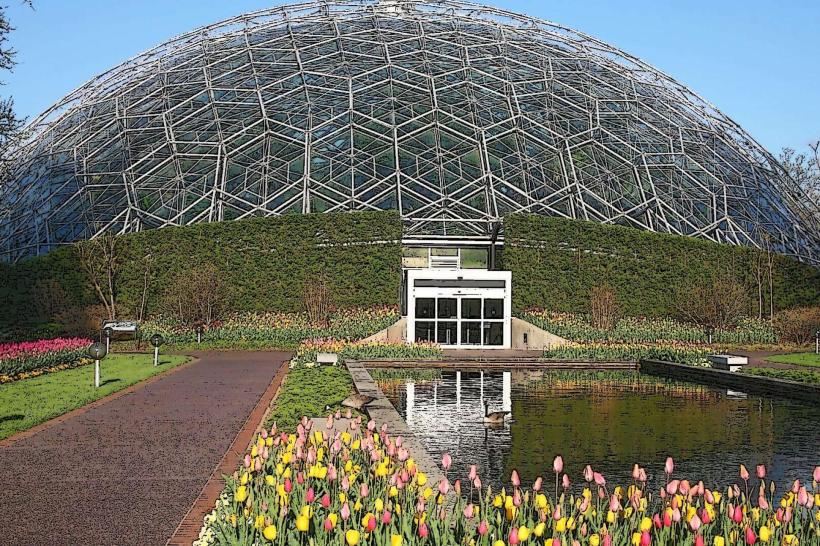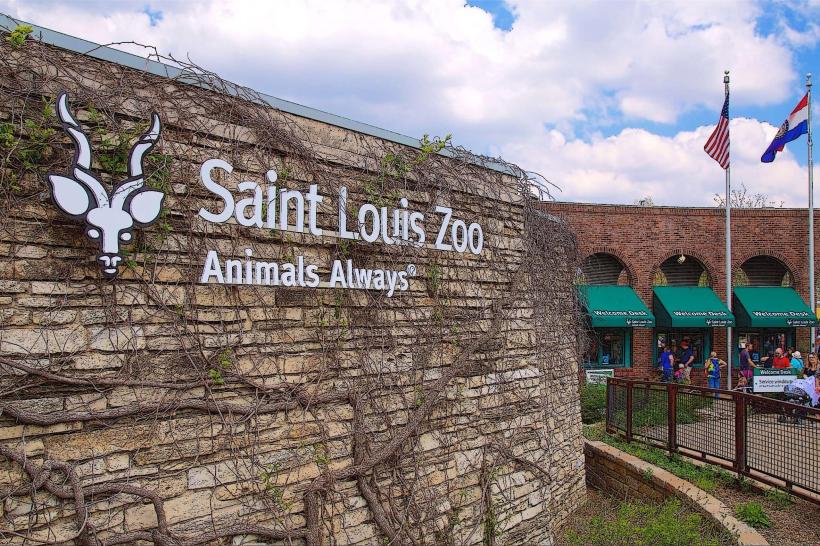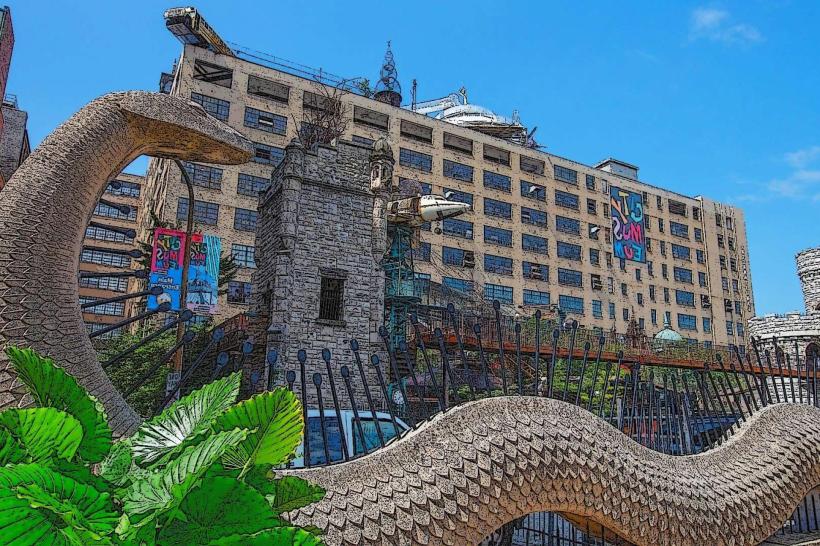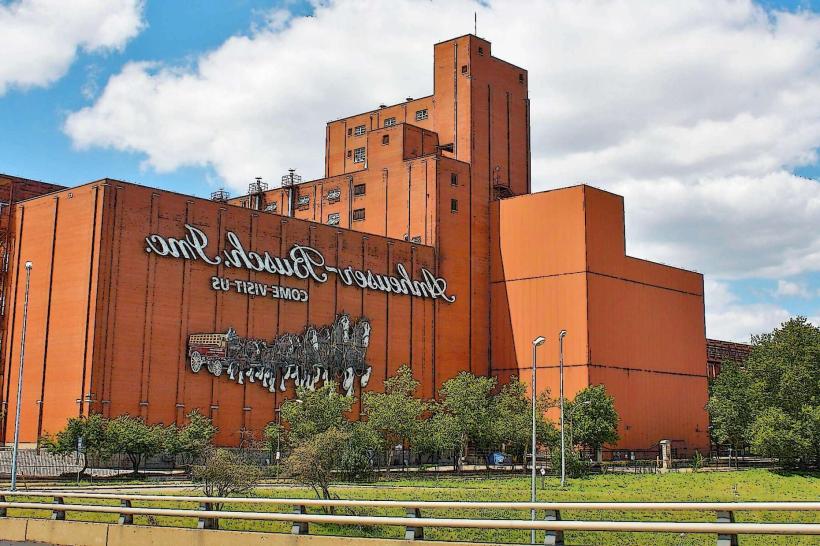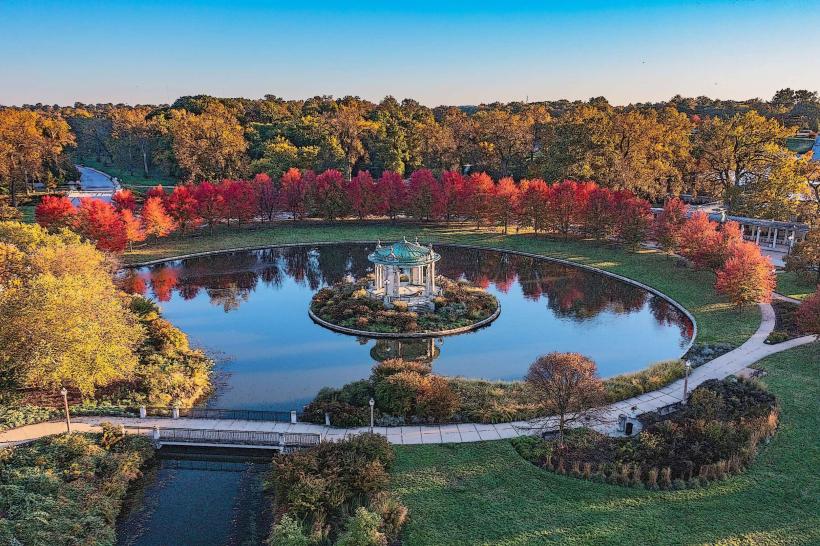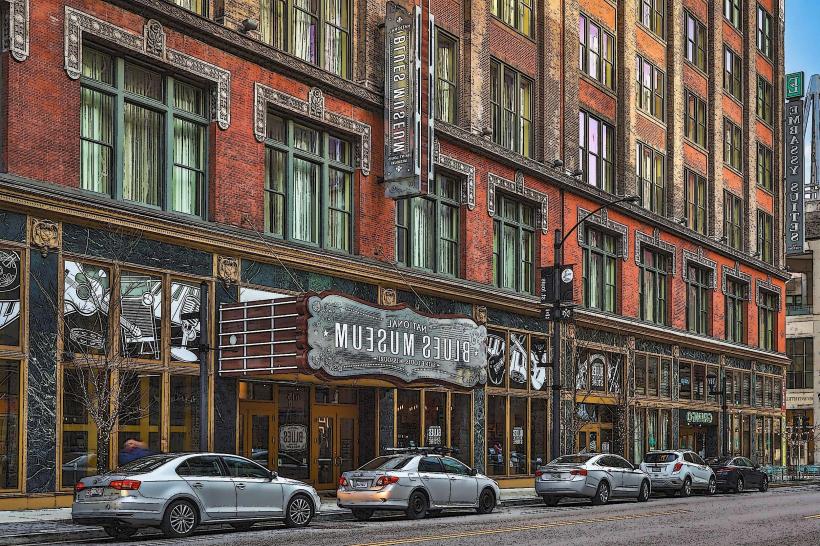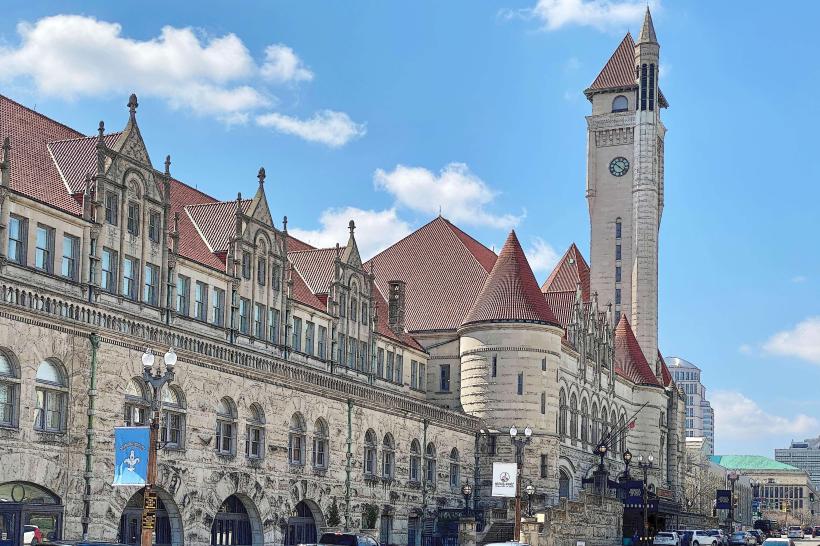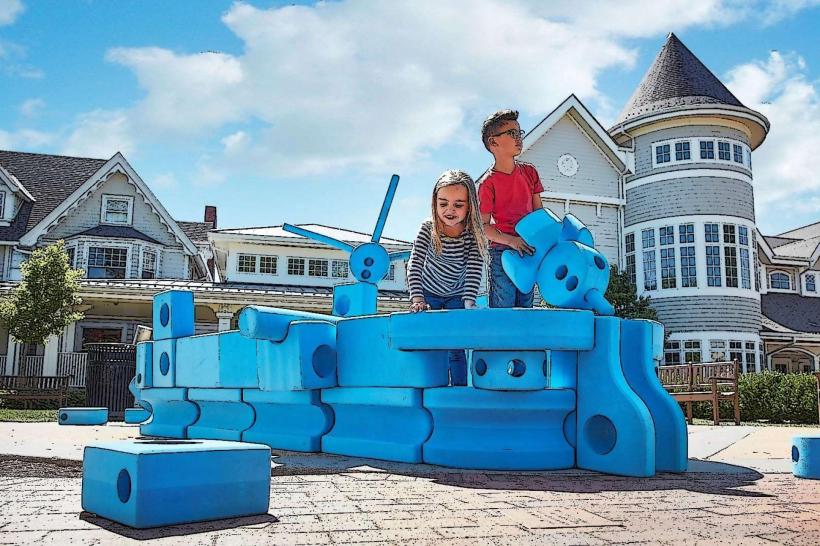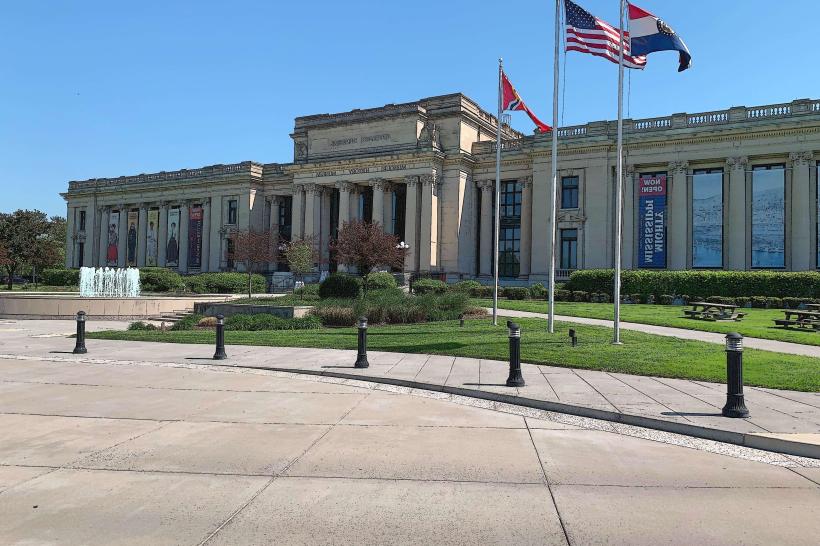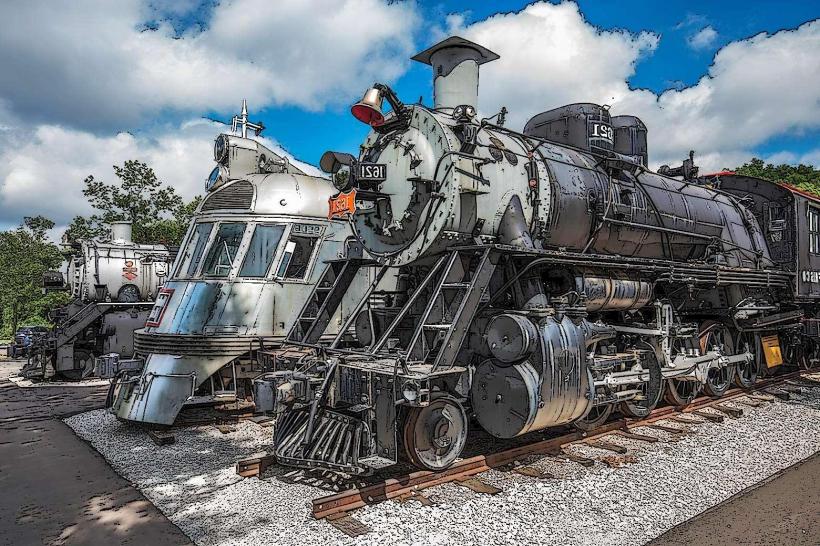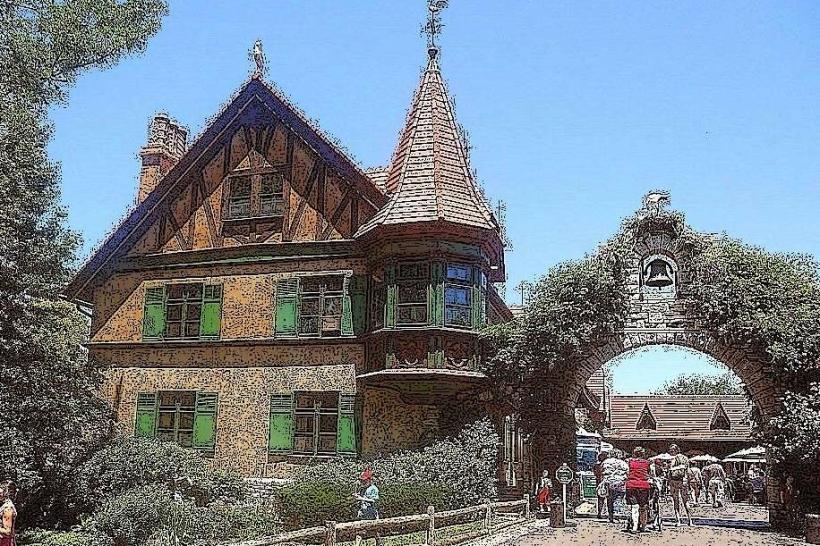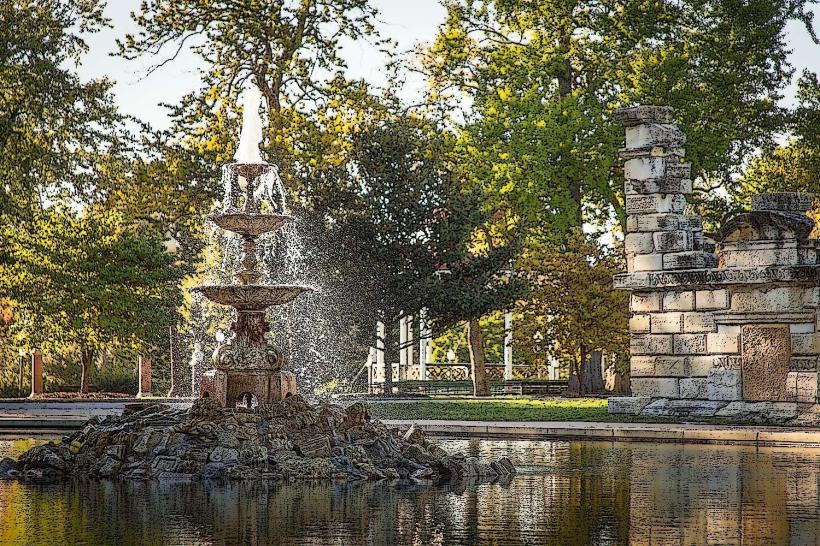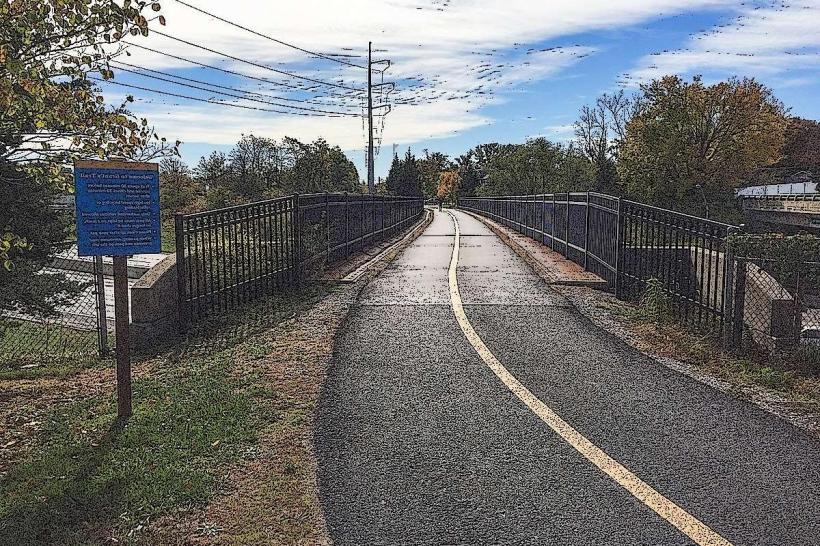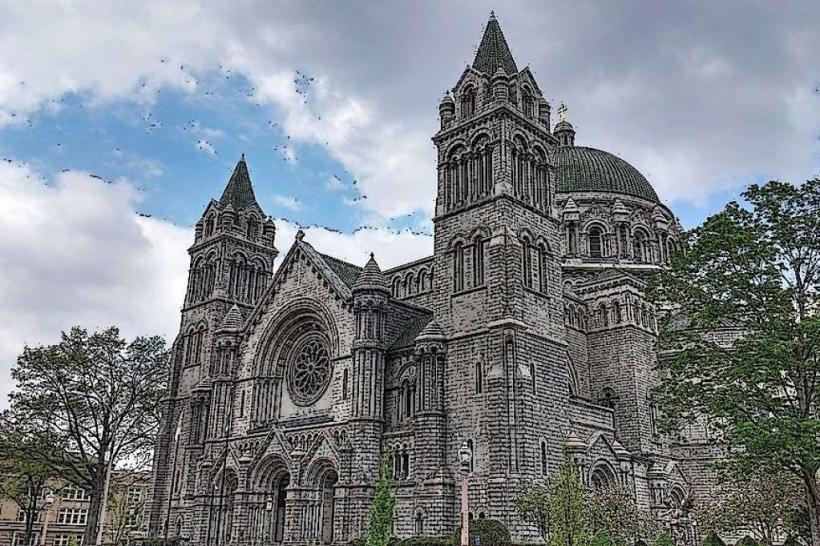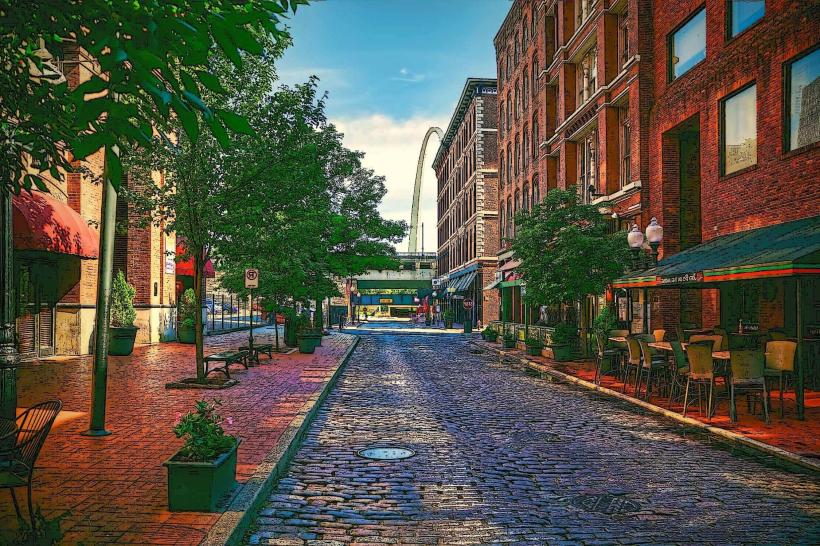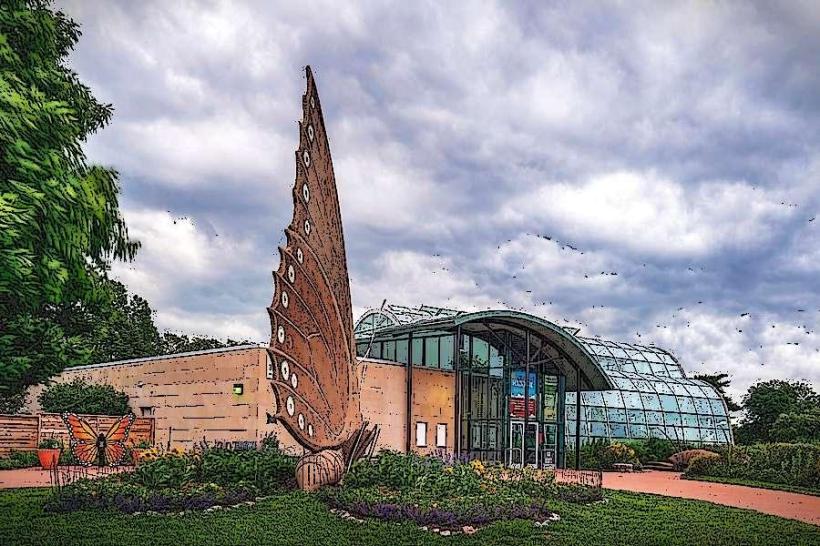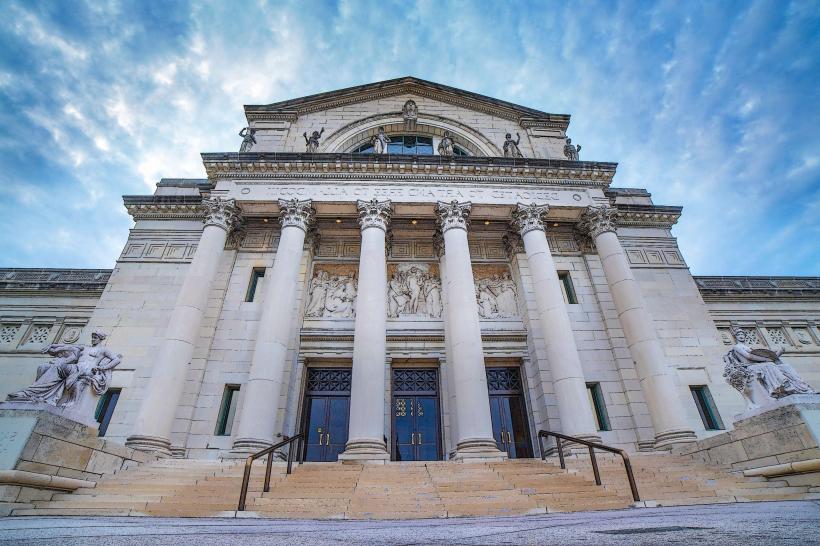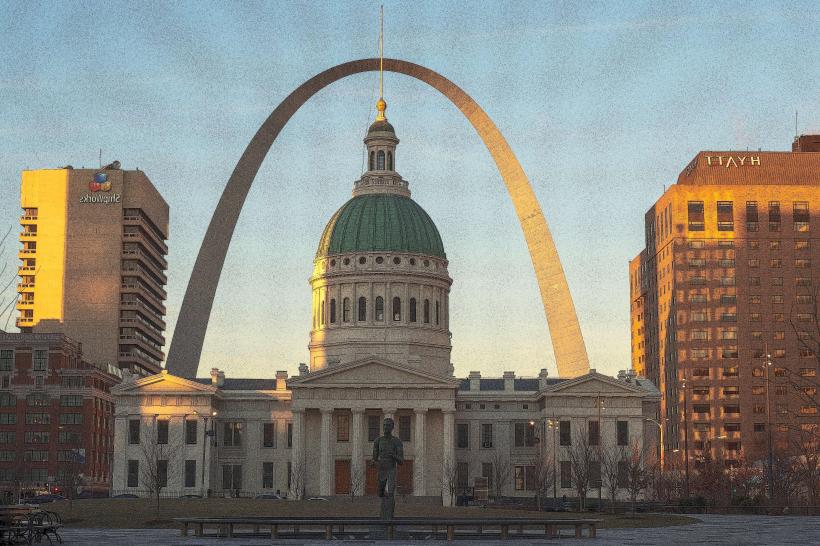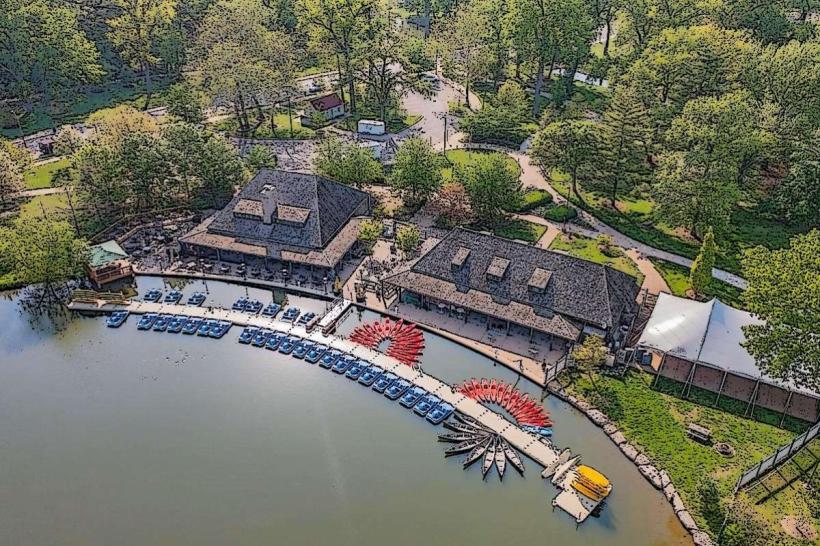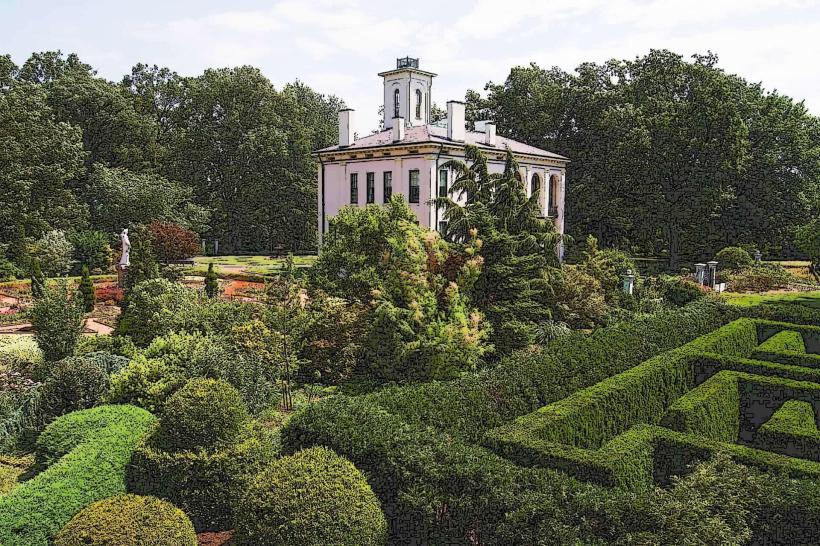Information
Landmark: National Churchill MuseumCity: St Louis
Country: USA Missouri
Continent: North America
National Churchill Museum, St Louis, USA Missouri, North America
Overview
Tucked away on Westminster College’s campus in Fulton, Missouri, the National Churchill Museum celebrates the life, leadership, and lasting influence of Sir Winston Churchill, one of the 20th century’s most powerful voices, with exhibits that let you almost hear his speeches echo through time, equally important it’s the only museum in the United States devoted entirely to Churchill, a region where visitors come to learn, reflect, and draw inspiration from his World War II legacy and the years that followed.Actually, The museum sits beneath the Church of St, in addition mary the Virgin, Aldermanbury-a striking 17th‑century English landmark with tall stone arches, crafted by the famed architect Sir Christopher Wren.safeIn the 1960s, workers took the church apart in London, lifting each stone with care, sent it across the Atlantic, and rebuilt it piece by piece on Westminster College’s campus in Fulton.With this reconstruction, the building stands as the only one in the United States designed by Sir Christopher Wren, its brick walls a rare echo of his work across the Atlantic, in addition the church’s soaring Gothic arches, jewel-toned stained glass, and finely carved stonework transform the space into something breathtaking, a setting that perfectly frames the museum’s exhibits, somewhat Visitors roam through Churchill’s life as if turning the pages of history, and they feel the solid weight of resilience and renewal in the rebuilt church’s stone walls, subsequently the museum’s exhibits bring Churchill’s life into sharp focus, tracing his journey from the clatter of the battlefield to the halls of Parliament, and celebrating his work as a writer, orator, and artist.Among the highlights are artifacts from the “Sinews of Peace” speech-the museum proudly displays the worn wooden lectern and sturdy chair Churchill used when he spoke at Westminster College on March 5, 1946, therefore in this speech, the term “Iron Curtain” first rang out, a phrase that marked the dawn of the freezing War.Actually, These artifacts mark a turning point in world history, calling us to think about freedom, vigilance, and diplomacy-like a quiet flag fluttering in the wind, also the Life and Leadership exhibits bring Churchill’s story to life through photographs, worn letters, a scuffed leather briefcase, and vivid multimedia displays, guiding visitors from his early years to his military and political triumphs-and his unyielding resolve in the bleakest days of World War II.The displays delve into his work after the war, touching on the hurdles he met during the tense freezing War years, when even a simple letter could carry the weight of suspicion.“Winston Churchill: A Passion for Painting”: An exhibition dedicated to Churchill’s lesser-known artistic talent showcases several of his paintings, including “Firth of Forth,” “Leaning Palm, Jamaica,” and “A View of Miami at Sunset.” These works reveal Churchill’s personal side and provide insight into how painting served as a creative outlet and form of relaxation amid his demanding life, as a result "Winston Churchill: A Passion for Painting" invites visitors to explore his quieter, more personal side through vivid canvases like *Firth of Forth*, *Leaning Palm, Jamaica*, and *A View of Miami at Sunset*, each brushstroke hinting at how the act of painting soothed him in the midst of a relentless public life.Breakthrough Sculpture stands on the museum grounds, built from eight jagged slabs of the Berlin Wall, in conjunction with edwina Sandys, Churchill’s granddaughter, crafted it to honor his foresight in the “Iron Curtain” speech and to mark the Berlin Wall’s collapse-a sharp, clear reminder of victory over division and oppression.At the museum, you can detect all 50 pages of Churchill’s “Iron Curtain” speech draft, marked up with his sharp handwriting and quick pencil edits, in addition step inside and you’ll catch a rare glimpse of Churchill at work, pen in hand, shaping words that would steer the course of post-war geopolitics.Beyond the exhibits, the National Churchill Museum buzzes with life, serving as a lively region to learn and connect, not only that it puts on lectures, conferences, and special events that explore leadership, diplomacy, history, and global affairs-sometimes in rooms lined with maps and worn leather chairs.I think, School groups and scholars often come for guided tours, pausing in front of faded photographs and wartime maps as they explore Churchill’s influence and the history that shaped his time, then set amid Westminster College’s quiet lawns, the museum-anchored by the graceful, reconstructed church-invites both reflection and discovery, sort of It invites visitors to take inspiration from Churchill’s bold courage and clear vision, carrying those lessons into the challenges we face today, meanwhile you can visit at 501 Westminster Avenue in Fulton, Missouri, any day from 10 a.m. To 4:30 p.m, though the doors stay shut on modern Year’s Day, Thanksgiving, and Christmas, consequently tickets vary by group-adults pay $16, seniors and certain groups $13, youth and college students $9, and kids under 12 get in free.Museum members and folks from partner groups get in free-just flash your card at the door, as well as the museum offers accommodations for visitors with disabilities, from wheelchair ramps to clear signage, so everyone can enjoy the exhibits.Truthfully, The National Churchill Museum honors Winston Churchill’s legacy and the values he stood for-freedom, resilience, and steadfast leadership when the world seemed ready to crack, alternatively an antique English church standing firmly on American ground captures the spirit of the transatlantic bond and the democratic ideals the two nations hold dear.The museum’s artifacts and striking architecture, paired with its educational mission, reveal deep truths about 20th-century history and spark fresh thinking on today’s global challenges, simultaneously the National Churchill Museum in Fulton offers an unforgettable blend of stunning architecture, rich historical research, and the intimate story of Churchill himself-you can almost hear footsteps echoing through its stone halls.Visitors step into a sweeping story of Winston Churchill’s life, wander through the echoing halls of a painstakingly rebuilt English landmark, and come face to face with striking symbols of peace and grit.
Author: Tourist Landmarks
Date: 2025-10-06

